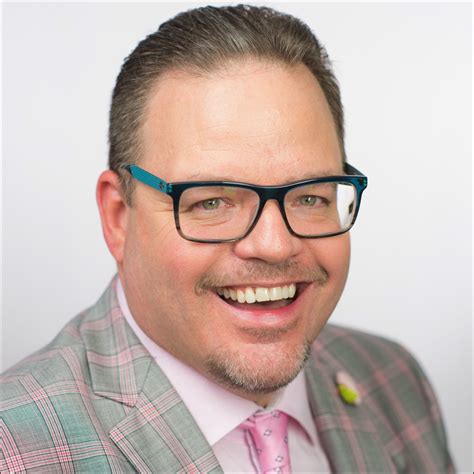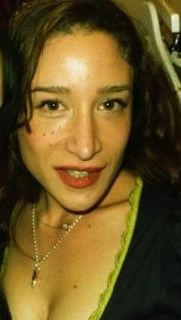A Quote by Mark Waid
I think there are things that digital can't do as well as print thus far. Even an iPad is only 80% the size of a standard comics page, so the images are going to be smaller. You don't get your big, whopping two-page spreads.
Related Quotes
The dirty little secret about comics is that the wall to getting published is actually not that high. You can publish your own comic. You can have your comic printed by the same people that print Marvel and DC and Image's comics for, I think, it's about $2,000 for a print run. So you can Kickstart it and get your own comic made. It depends on what is considered success to you. So if you need to be published by the Big Two to feel that you've made it, well, you should start working very hard.
Today, in 2011, if you go and buy a color laser printer from any major laser printer manufacturer and print a page, that page will end up having slight yellow dots printed on every single page in a pattern which makes the page unique to you and to your printer. This is happening to us today. And nobody seems to be making a fuss about it.
I saw the comics in the East Village Other, and they weren't superhero comics, they were all about hippies and all about things hippies were interested in. And there was one page in particular, a full page strip called "Gentle's Trip Out" signed "Panzika", and it was totally, totally psychedelic, and really, I don't know if it made any sense at all but it looked so great, and I thought, "This is what I want to do, this is my big influence," and it was.
A pen is different from the pad, the key, moving your fingers across a screen. I like both. I like to work on sketchbooks, big old white sketch paper. I like how that feels, and I like to put different media on it. Then there's the phone, smartphone, iPad: It's the new page, and it's not the same page anymore.
Comics are not theatre - there's a very important difference in that the reader controls the page. You can linger on a page of comics as long as you want. You can read and go forward and then move back; you can reread, in one sitting or at your leisure. You can take as much time as you want to take in that story.
Comics have the page as their real estate so you've only got that space to tell the story on. But the other thing only comics do is to have the words and pictures being simultaneous. Your brain is flicking between them and you can put in some excellent narrative devices; you can off-set things and juxtapose things between word and image.
Yes, the fear of its blankness. At the same time, I kind of loved it. Mallarmé was trying to make the page a blank page. But if you're going to make the page a blank page, it's not just the absence of something, it has to become something else. It has to be material, it has to be this thing. I wanted to turn a page into a thing.





































